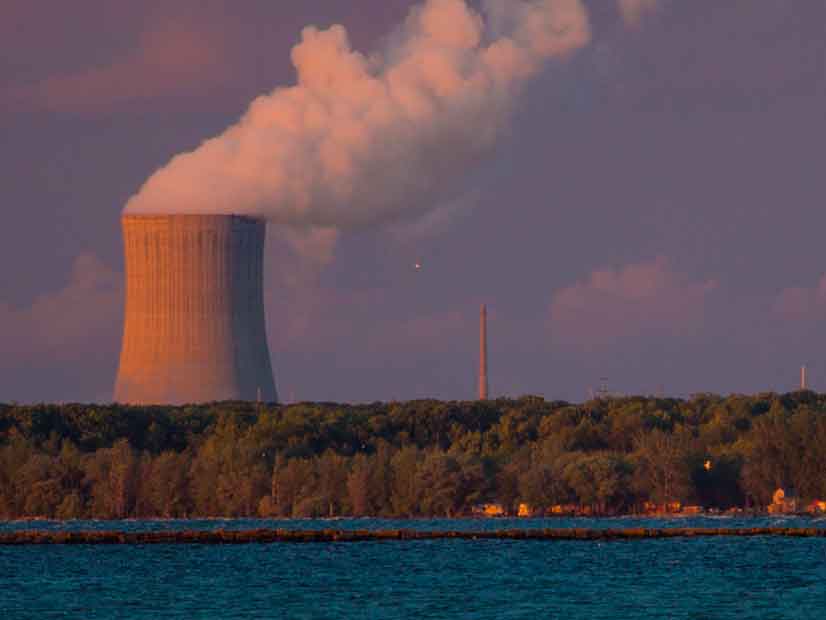New Jersey’s Supreme Court on Friday declined to certify an appeal filed by the state Division of Rate Counsel in opposition to the $300 million in subsidies awarded by the New Jersey Board of Public Utilities (BPU) in 2019 to keep the state’s three nuclear plants operating.
The court opted not to re-evaluate a March 9 ruling by the Appellate Division that dismissed a suit filed by the Rate Counsel to stop the subsidy for the plants, owned by Public Service Enterprise Group. The court’s action effectively leaves the award in place. (See NJ Rate Counsel Turns to State Supreme Court over Nuke Subsidies.)
Rate Counsel Director Stefanie Brand said she was “surprised that the court did not recognize the public interest implicated by this case.” She said that “billions of ratepayer dollars will now go to the shareholders of the unregulated PSEG generating company and will be used to subsidize these plants that serve not only New Jersey but neighboring states as well.”
“We think ratepayers certainly deserved their day in court, but all too often the decision gets made based on a legislative process where their concerns are just not heard as clearly as those who can afford more powerful lobbying,” Brand said.
PSEG released a statement saying it was “pleased” with the Supreme Court’s decision.
“In New Jersey, nuclear provides more than 90% of the state’s carbon-free energy, and we believe that policies supporting nuclear energy are in the best interest of our state and its people, especially as we witness the toll of climate change around the country,” the company said.
The BPU in March 2019 awarded $300 million/year for three years in zero-emissions credits (ZECs) to Hope Creek, which is owned and operated by PSEG, and Salem Units 1 and 2, which PSEG operates and co-owns with Exelon.
The ZEC program provides subsidies to nuclear power plants at risk of closure so that they can remain open to generate carbon-free power and help the state meet its goal of reducing greenhouse gas emissions by 80% by 2050. Gov. Phil Murphy has said he wants to the boost the share of energy generated by carbon-free resources to 50% by the end of the decade.
The BPU in April awarded the three plants a second set of ZECs worth $300 million after PSEG argued that even with the subsidies, the companies would not generate enough revenue to cover the “risks inherent in the plants’ operation.” Without a subsidy of the proposed amount, PSEG would “take steps to close the plants,” the company said at the time.
The Rate Counsel suit against the first ZECs argued that the awards were arbitrary and capricious and that none of the plants needed them to remain financially viable. It also filed a lawsuit in May to overturn the second award, arguing in part that the state law gave the BPU more flexibility to award smaller subsidies than the maximum amount awarded in the second round.



